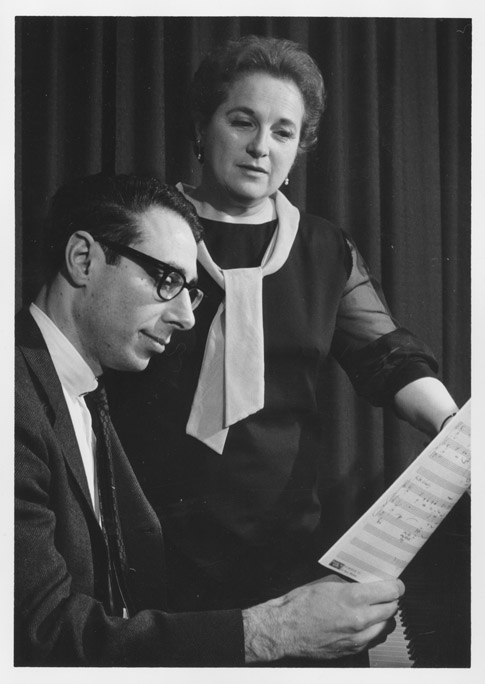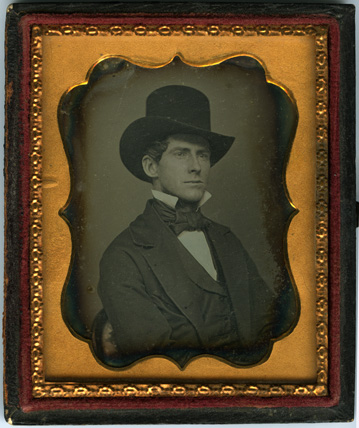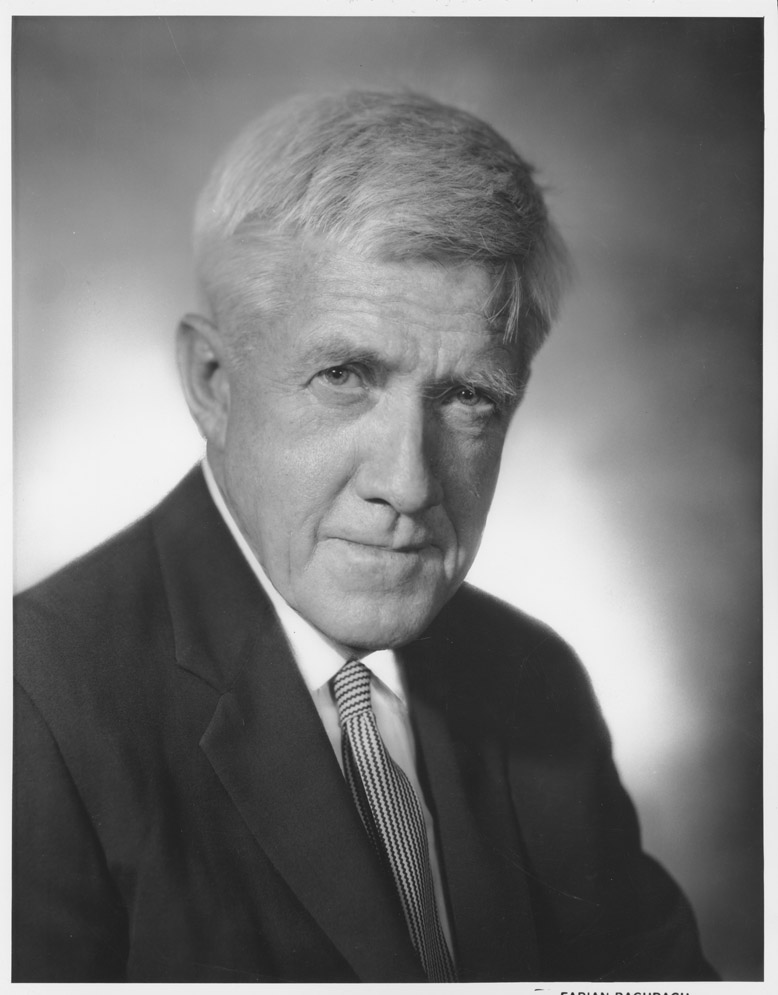Arthur I. Stern Papers
Noted for his research in photosynthesis and the redox activity associated with the plasma membrane of plant cells, the plant physiologist Arthur I. Stern served in the Botany and Biology Departments at UMass Amherst for over thirty years. Receiving his doctorate at Brandeis University for a dissertation under Jerome A. Schiff on chloroplast development in Euglena (1962), Stern spent three years as a post-doctoral fellow at the NIH before joining the Botany faculty at UMass. Teaching courses in plant metabolism, he continued his research on chloroplasts and photosynthesis in Euglena and Phaseolus, among other topics. In 1982, Stern helped develop the biology track for the Honors Program and new Commonwealth College. Stern transferred to the Biology Department in 1988 and retired in December 1997.
The Stern Papers contain a range of materials documenting Stern’s research on photosynthesis, particularly in Euglena, notes for research and teaching, and a small assortment of professional correspondence. Also of note are some reminiscences contributed by Stern following Jerome Schiff’s death in 1995.




